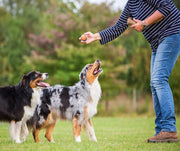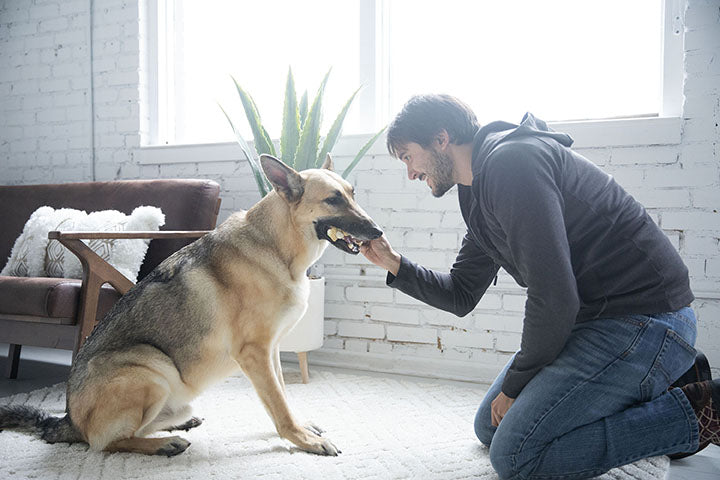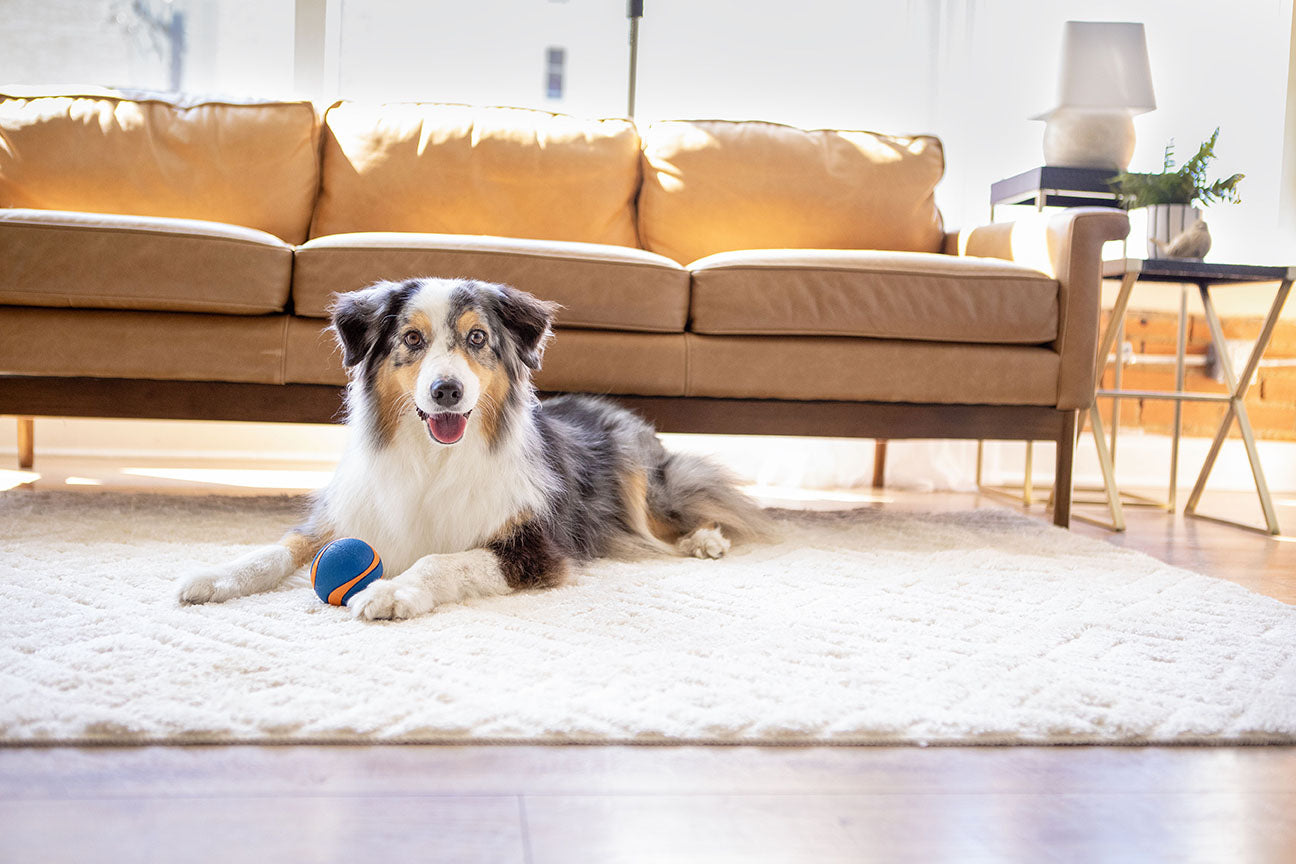Pros and Cons of Grain-Free Dog Food

The Food and Drug Administration (FDA) announced in July 2018 that it had begun investigating reports of Canine Dilated Cardiomyopathy (DCM) in dogs eating certain pet foods, with a majority of these foods being labeled "grain-free." These grain-free formulas boasted a fairly high proportion of peas, lentils, or other legume seeds, or potatoes in various forms, such as whole potatoes, flour, and protein, among others.
The majority of these case reports involved breeds of dogs not previously known to have any sort of genetic predisposition to the disease.
Imagine the effect this announcement had on dog owners and lovers, especially those who swear by a grain-free diet. When grain-free dog food first dominated the pet nutrition market, it rose to popularity quite quickly. Before the announcement from the FDA, a lot of pet parents relied on the heavily-marketed assumption that a grain-free diet promoted certain health benefits to our four-legged family members. Announcing that grain-free dog food could be linked to certain unpleasant conditions, and in some extreme cases, even death was sure to cause a stir.
So, we're assuming that by now, you're probably just as confused as anyone else. Go online, and you're sure to find a range of different opinions on whether you should continue serving your dog grain-free food, or move onto something more grain-inclusive.
Below, we are going to talk about some of the pros and cons of keeping your dog on a grain-free diet, and whether it could have potential implications for your dog's health soon.
Let's get started.
MAKING THE SWITCH
Per anecdotal evidence, many dog owners believe that grain-free dog food is the perfect solution to their pet's allergies. In this case, it helps to know that a majority of the time, grains are not the trigger points for your pet's allergies. Allergies can stem from reactions to meat and dairy protein intakes, so make sure you're eliminating the right trigger foods before withholding something altogether!
THE ADVANTAGES OF GRAINS IN DOG FOOD
Many pet parents have common misconceptions about the value and reasons for removing grains from a dog's diet.
Before proceeding with any changes, it helps to know some of the beneficial properties of grains in a balanced dog diet. Here are a few examples:
- Grains result in healthy bowel movements
- Nutritious source of protein, vitamins, and minerals
- Grains have lower fat content than common meats
THE DOWNSIDE OF GRAINS
A majority of the types of grains present in commercial dog food are rather cheap and fairly high on the Glycemic Index (GI). GI is an index that rates ingredients by how quickly and how high they can cause blood sugars to rise. An elevated count of GI carbohydrates can produce a chronic inflammatory response in the body, which can eventually lead to obesity, diabetes, heart disease, arthritis, and cancer.
GOING GRAIN-FREE
When deciding whether to switch your pup over to a completely grain-free diet, here are some things that you should consider:
- Grain-free dog food options are generally more expensive than those with grains. Keep it fresh with an airtight food storage container like a Vittles Vault.
- When buying commercial grain-free dog foods, always look at the ingredients list. You should be able to see at least one, if not more protein sources that come from animals, such as chicken or fish.
- Some grain-free dog food contains more protein and animal fats and fewer carbohydrates, making them easier for pups who are sensitive to gluten to digest.
Additionally, it helps to know that grain-free dog foods contain meat-based ingredients, like fish, chicken, lamb, beef, and turkey, along with carbohydrates from non-grain foods like vegetables. It is considerable to note that a majority of pet owners have claimed that they have noticed a significant improvement in their pet's health and activity levels after incorporating high-protein, grain-free foods in their diet.
WHAT IT ALL BOILS DOWN TO
Contrary to popular belief, whether you do or don't buy grain-free dog food likely does NOT have any significant contribution to your dog's current allergy or illness. While grain-free can be a good option, it isn't always necessarily the "best" option. Why? As any responsible pet parent knows, it's necessary to be aware of your pup's specific nutritional needs. There is no such thing as a cure-all "wonder food" intended to reinvigorate the health of every canine.
Now that you're aware of some of the pros and cons of switching to (or retaining) a grain-free diet, we hope you've found a little more clarity. As always, it helps to seek consultation from a veterinarian.
Previous article

Next article

Related posts
View all-

National Dog Week: 7 Fun Ways to Celebrate with Your Pup
The last full week of September marks National Dog Week: a tradition going strong since 1928. Founded by Captain William Lewis Judy, this celebration was created to promote responsible dog ownership, reduce the number of stray dogs, and honor the incredible role dogs play in our lives.
Read Article -

How to Prep Your Pet for Fall: Grooming and Wellness Tips
As the days grow shorter and the crisp air settles in, our routines naturally shift; long walks become brisk outings, and cozy nights become the norm. Like us, pets feel these changes. Helping them ease into the new season ensures they stay happy, comfortable, and healthy.
Read Article -

Vet-Approved Benefits of Fetch: How Play Supports Your Dog’s Health & Happiness
Whether it’s a spontaneous backyard sprint or a structured game of fetch, movement is one of the most powerful ways to nurture the bond between pets and their people.
Read Article



